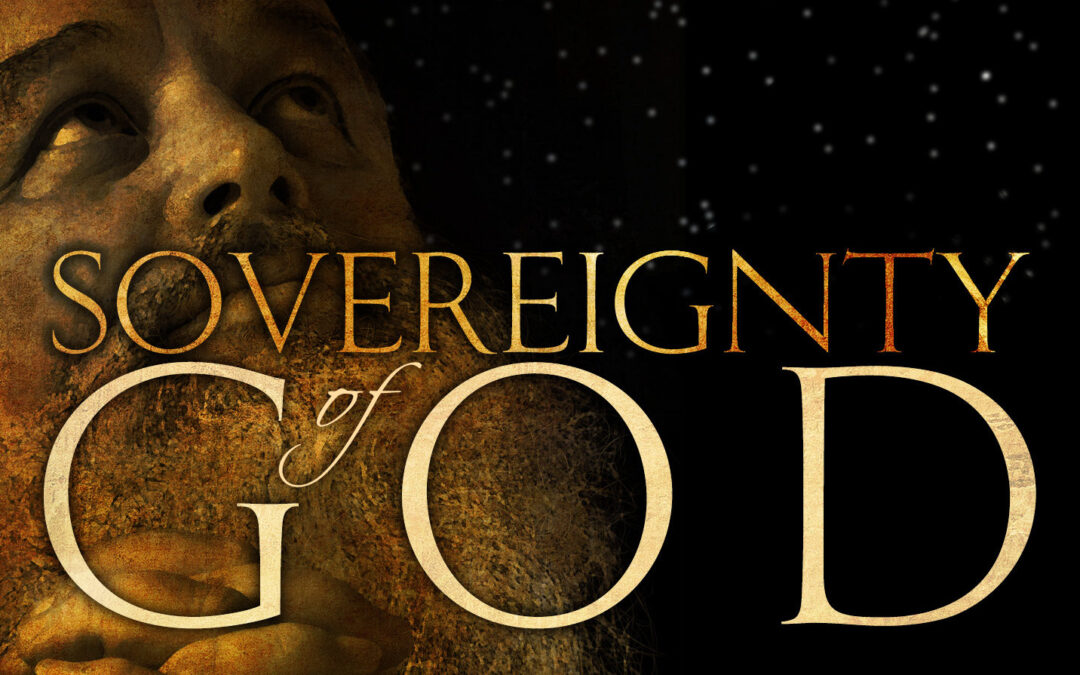“For every beast of the forest is mine, and the cattle upon a thousand hills. I know all the fowls of the mountains: and the wild beasts of the field are mine,” (Psa. 50:10-11).
Evagrius of Pontus, one of the most influential theologians in the late fourth-century church said, “All created things are under the providence of God. Does not even one sparrow fall without the Father who is in heaven knowing?” God knows all creatures from the highest to the lowest, the least as well as the greatest. He knows the ravens and their young ones (Job 38:41), the drops of rain and dew which he perpetuates (Job 38:29), and every bird in the air. As Psalm 50:11 declares, “I know all the fowls in the mountains and the wild beasts in the field.””
The clouds are numbered in his wisdom (Job 38:37), as well as every worm in the earth, every drop of rain that falls to the ground, every flake of snow, every knot of hail, every sand upon the seashore, and every hair on our head. It is no more absurd to imagine that God knows them all than that God made them all; they are all the effects of his power as the stars which he calls by name or the most glorious angel and blessed spirit. God knows them as well as if there were none but them in particular for him to know. The least things were framed by his art as well as the greatest; the least things partake of his goodness as well as the greatest. He knows the work of his hands and his own goodness, and therefore all evidences of his goodness are stamped indelibly on all his creatures.
Since his knowledge is infinite, it necessarily extends to those things which are at the greatest distance from him as well as to those which come nearest to not being. Since he did not lack the power to create, he cannot lack understanding to know everything he created, to the dispositions, qualities, and virtues of the minutest creature. Nor does the understanding of God diminish toward the vilest and most inconsiderable things, no more than man’s understanding is diminished by knowing the nature of the rankest poisons or understanding a fly or small insect.
Stephen Charnock said, “Our knowledge of a deformed thing is not a deforming of our understanding but [rather] is beautiful in the knowledge, though not in the object; nor is there any fear that the understanding of God should become material by knowing material things, any more than our understandings lose their spirituality by knowing the nature of bodies.”
Base things are not known by him to exclude the knowledge of the greater, nor are vile things governed by him to exclude the order of the better. The deformity of objects known by God do not deform him nor defile him; he does not view them without himself but within himself, in and through whom all things are beautiful.
All things – whether good or evil, great or small – exist to exalt your attributes of power and holiness and sovereignty and justice and goodness and wrath and all the rest. Our God reigns!
Contemplations:
- Lord, everything is under your sovereign ordination. Your dominion is supreme. You do all you please. You are sovereign over creation, which certainly includes me.
- Great God, you command the heavenly host and they worship you. You determine the beginning and end of all things (Isa. 46:10-11). You determine the destiny of men and angels (Rom. 8:29-30; Eph. 1:5, 11). You are sovereign over plants and animals, many of which you lead as armies, as “the Lord of hosts.”
- Lord, wicked people like the Medes and Persians, the Chaldeans (Hab. 1:5), King Nebuchadnezzar (Dan. 1), Herod (Matt. 2), the Jews that crucified the Messiah (Acts 2), and any other appointed means you use to bring about your intended end all exalt your character. You are sovereign and you ordain them to fulfill your will as you determined it.
Further References for Psalm 50:11-12:
Psalm 104:24; Exodus 19:5; Psalm 24:1; Haggai 2:8


